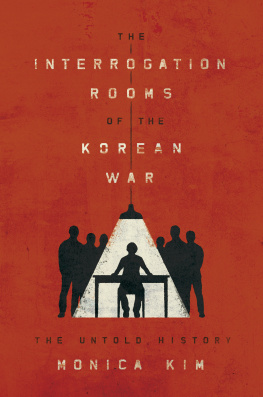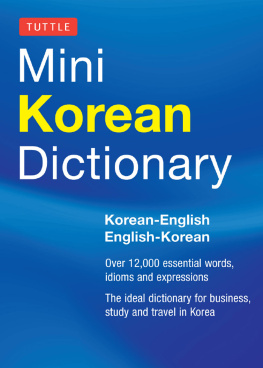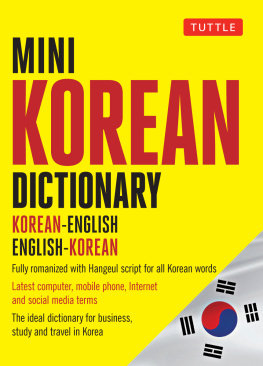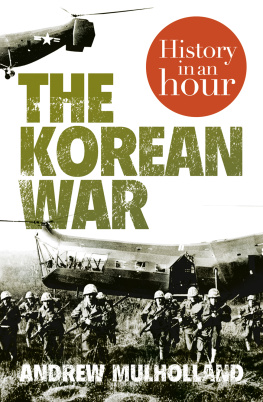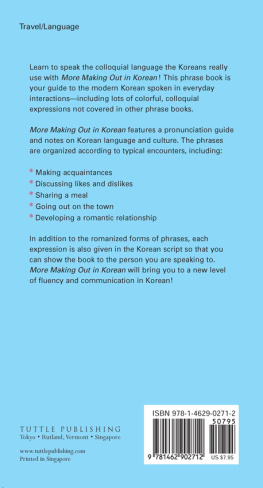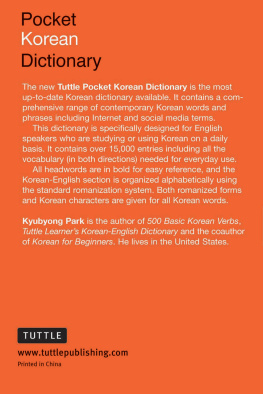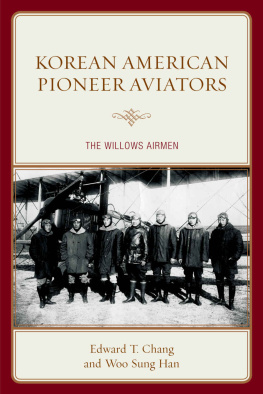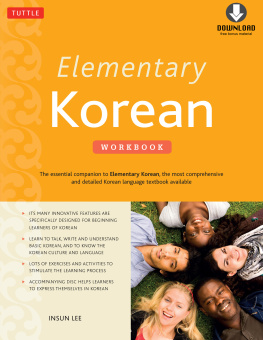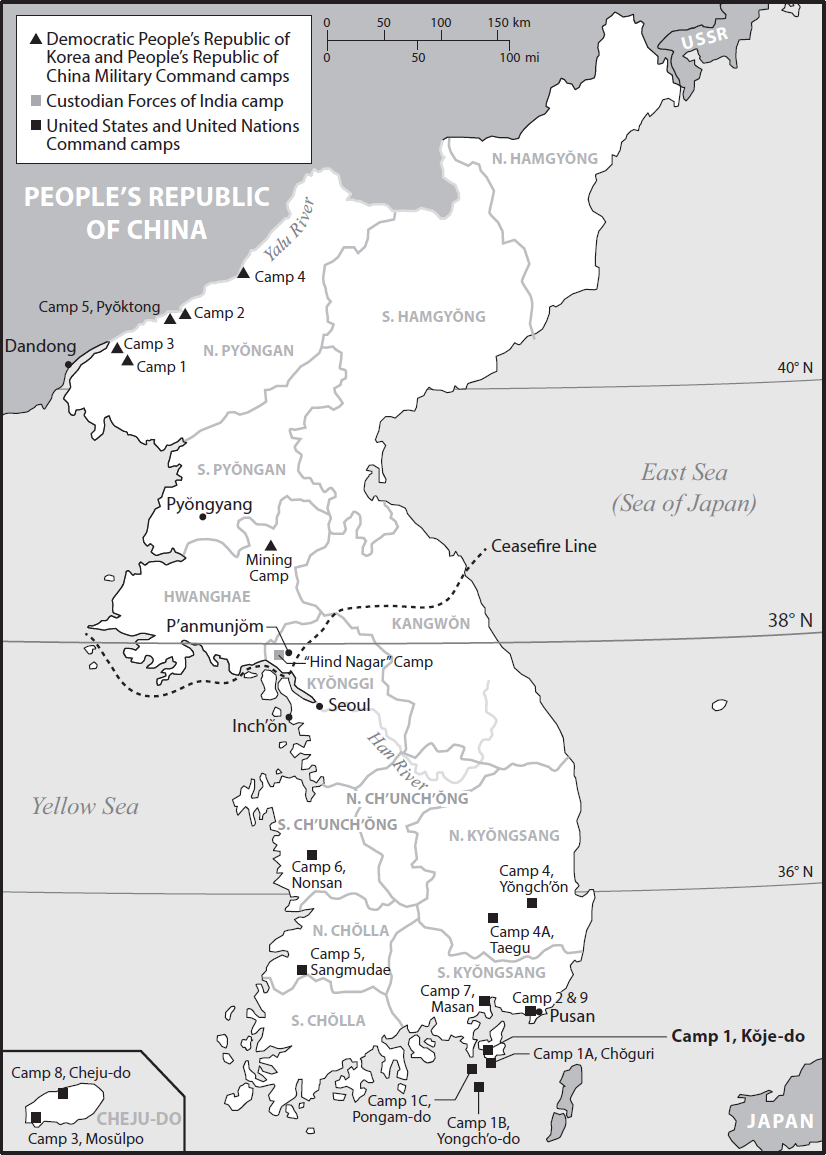Monica Kim - The Interrogation Rooms of the Korean War: The Untold History
Here you can read online Monica Kim - The Interrogation Rooms of the Korean War: The Untold History full text of the book (entire story) in english for free. Download pdf and epub, get meaning, cover and reviews about this ebook. City: Princeton, year: 2019, publisher: Princeton University Press, genre: History. Description of the work, (preface) as well as reviews are available. Best literature library LitArk.com created for fans of good reading and offers a wide selection of genres:
Romance novel
Science fiction
Adventure
Detective
Science
History
Home and family
Prose
Art
Politics
Computer
Non-fiction
Religion
Business
Children
Humor
Choose a favorite category and find really read worthwhile books. Enjoy immersion in the world of imagination, feel the emotions of the characters or learn something new for yourself, make an fascinating discovery.
- Book:The Interrogation Rooms of the Korean War: The Untold History
- Author:
- Publisher:Princeton University Press
- Genre:
- Year:2019
- City:Princeton
- Rating:5 / 5
- Favourites:Add to favourites
- Your mark:
The Interrogation Rooms of the Korean War: The Untold History: summary, description and annotation
We offer to read an annotation, description, summary or preface (depends on what the author of the book "The Interrogation Rooms of the Korean War: The Untold History" wrote himself). If you haven't found the necessary information about the book — write in the comments, we will try to find it.
Traditional histories of the Korean War have long focused on violations of the thirty-eighth parallel, the line drawn by American and Soviet officials in 1945 dividing the Korean peninsula. ButThe Interrogation Rooms of the Korean Warpresents an entirely new narrative, shifting the perspective from the boundaries of the battlefield to inside the interrogation room. Upending conventional notions of what we think of as geographies of military conflict, Monica Kim demonstrates how the Korean War evolved from a fight over territory to one over human interiority and the individual human subject, forging the template for the US wars of intervention that would predominate during the latter half of the twentieth century and beyond.
Kim looks at how, during the armistice negotiations, the United States and their allies proposed a new kind of interrogation room: one in which POWs could exercise their free will and choose which country they would go to after the ceasefire. The global controversy that erupted exposed how interrogation rooms had become a flashpoint for the struggles between the ambitions of empire and the demands for decolonization, as the aim of interrogation was to produce subjects who attested to a nations right to govern. The complex web of interrogators and prisoners--Japanese-American interrogators, Indian military personnel, Korean POWs and interrogators, and American POWs--that Kim uncovers contradicts the simple story in US popular memory of brainwashing during the Korean War.
Bringing together a vast range of sources that track two generations of people moving between three continents,The Interrogation Rooms of the Korean Wardelves into an essential yet overlooked aspect of modern warfare in the twentieth century.
Monica Kim: author's other books
Who wrote The Interrogation Rooms of the Korean War: The Untold History? Find out the surname, the name of the author of the book and a list of all author's works by series.

